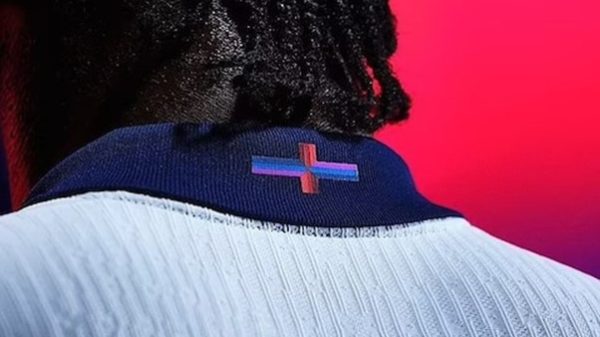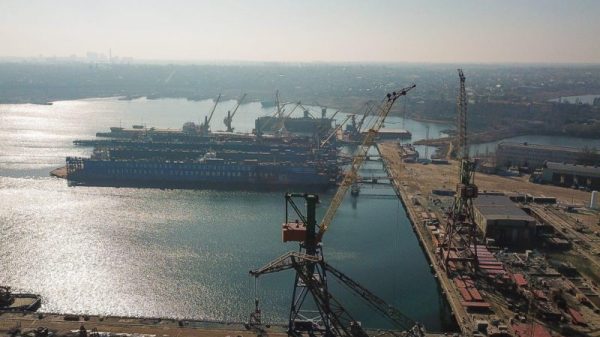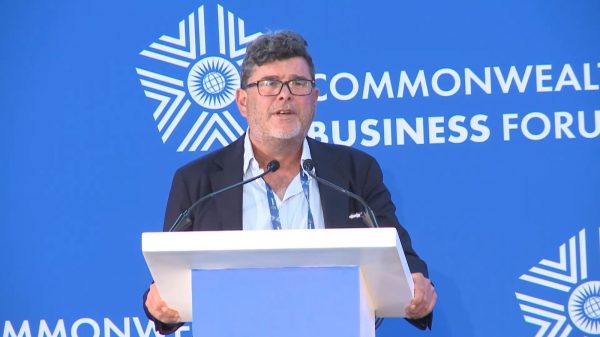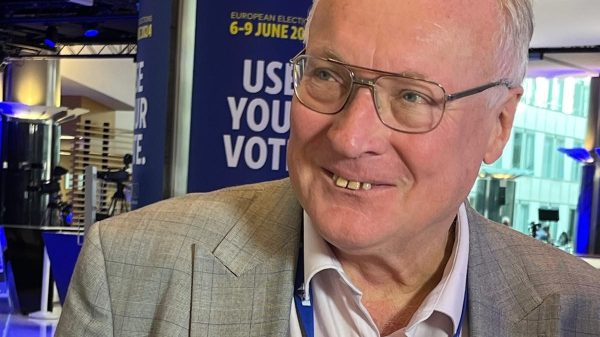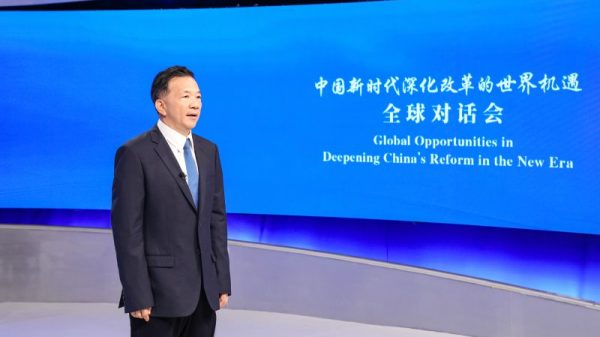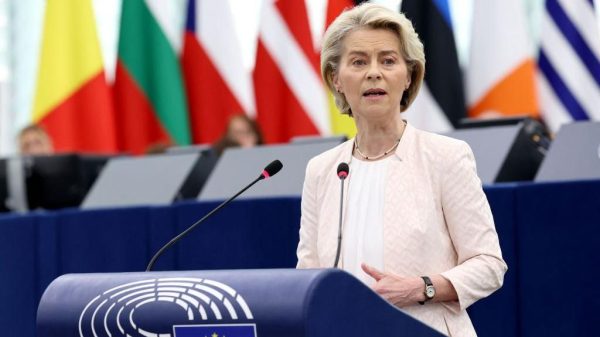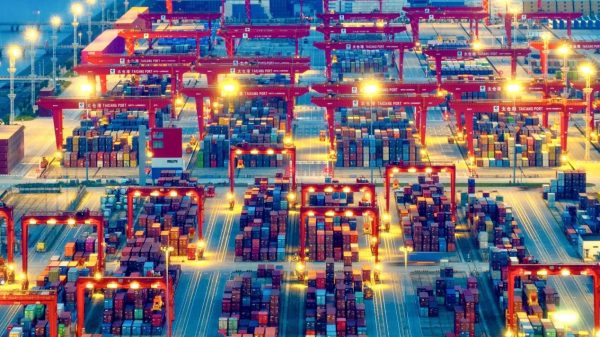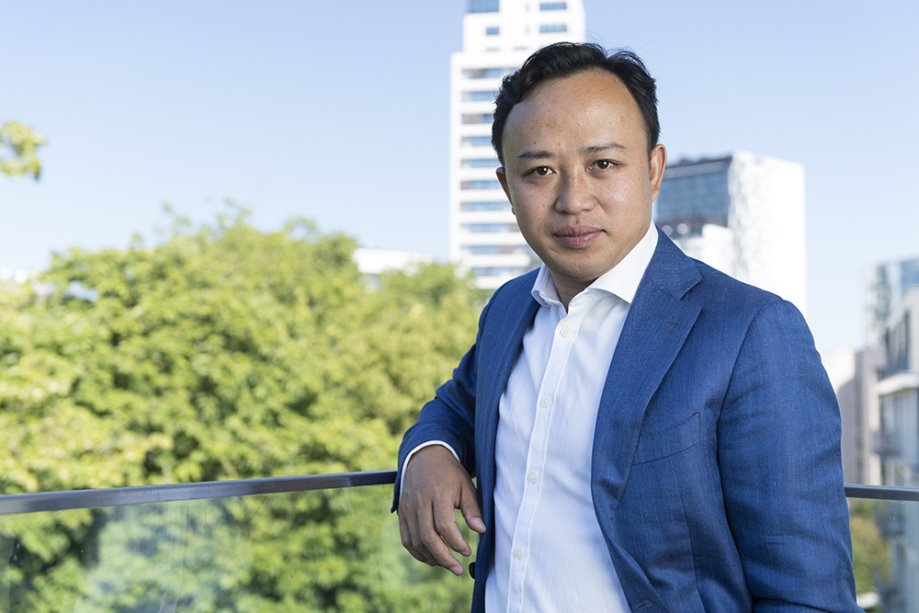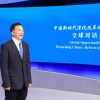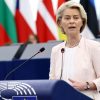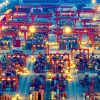 Boosting Europe’s AI capabilities will be key to delivering the EU’s Farm to Fork strategy, says Huawei’s EU Chief Rep Abraham Liu (pictured).
Boosting Europe’s AI capabilities will be key to delivering the EU’s Farm to Fork strategy, says Huawei’s EU Chief Rep Abraham Liu (pictured).
Making the EU’s Farm to Fork agenda for sustainable farming a success will require major investments in digital technologies, including Artificial Intelligence (AI). This was the message delivered today by Abraham Liu, Huawei’s Chief Representative to the EU Institutions, during an event taking stock of the challenges and opportunities related to the EU’s brand-new Farm to Fork strategy.
His remarks came during the online conference AI in Farming: making the ‘Farm to Fork’ agenda a global standard for sustainability?, organized by Public Affairs Bruxelles in partnership with Huawei and supported by GeSI, SMARTKAS and DroneThinkDo.
The Farm to Fork strategy, released by the European Commission on 20 May, is at the heart of the European Green Deal, the objective being to make food production and consumption sustainable while improving the health of European citizens.
Aiming to mitigate climate change, as well as helping farmers achieve more profitability and higher quality yields, the Farm to Fork strategy identifies innovative solutions among the most important instruments for delivering on its objectives.
Reducing carbon emissions
AI will play a major role in this context: connecting, collecting and analysing big data will be key to maximising efficiency, increasing productivity and reducing CO2 emissions to meet climate targets.
“Europe needs to seize the opportunities offered by AI in the area of farming. This will involve substantial investments, as well as a regulatory approach creating an open ecosystem,” Abraham Liu said.
“Connectivity is also very important. Without it, none of the ambitions and policies, including those linked to Sustainable Development Goals and the Farm to Fork strategy, will be possible.”
“Everything flows from connectivity. With connectivity comes AI capability – a crucial component of the Farm to Fork Strategy – and with AI comes reduced costs for farmers, improved soil management, a reduction in the use of pesticides, fresh water and greenhouse gas emissions,” Mr Liu added.
Bridging the skills gap
“The focus should be on driving innovation, developing standards and promoting collaboration between academia and the industry. Governments need to invest in training and up-skilling for people so that they can play a full role in the economy and no-one is left behind.”
Abraham Liu also outlined the substantial contribution Huawei is making in this field: “AI is now at the heart of virtually everything we do. We are investing in open, on-line learning, to give people the basic skills they need to get employment and bridge the digital skills gap. We are using mobile classrooms to bring digital skills to under-served and remote communities.”
The online debate, during which Mr Liu’s comments were made, brought together policymakers, think tanks and representatives of the agricultural and digital sectors to discuss the best approaches for supporting the Commission’s strategy.
About Huawei
Huawei is a leading global provider of information and communications technology (ICT) infrastructure and smart devices. With integrated solutions across four key domains – telecom networks, IT, smart devices, and cloud services – Huawei is committed to bringing digital to every person, home and organisation for a fully connected, intelligent world.
Huawei’s end-to-end portfolio of products, solutions and services are both competitive and secure. Through open collaboration with ecosystem partners, Huawei creates lasting value for our customers, working to empower people, enrich home life, and inspire innovation in organizations of all shapes and sizes.
At Huawei, innovation focuses on customer needs. Huawei invests heavily in basic research, concentrating on technological breakthroughs that drive the world forward. Huawei has more than 194,000 employees and operates in over 170 countries and regions. Founded in 1987, Huawei is a private company fully owned by its employees.
In Europe, Huawei currently employs over 13,300 staff and runs two regional offices and 23 R&D sites. So far, Huawei has established 230 technical cooperation projects and has partnered with over 150 universities across Europe.
For more information, please visit Huawei online at Huawei.eu or follow us on Twitter.

